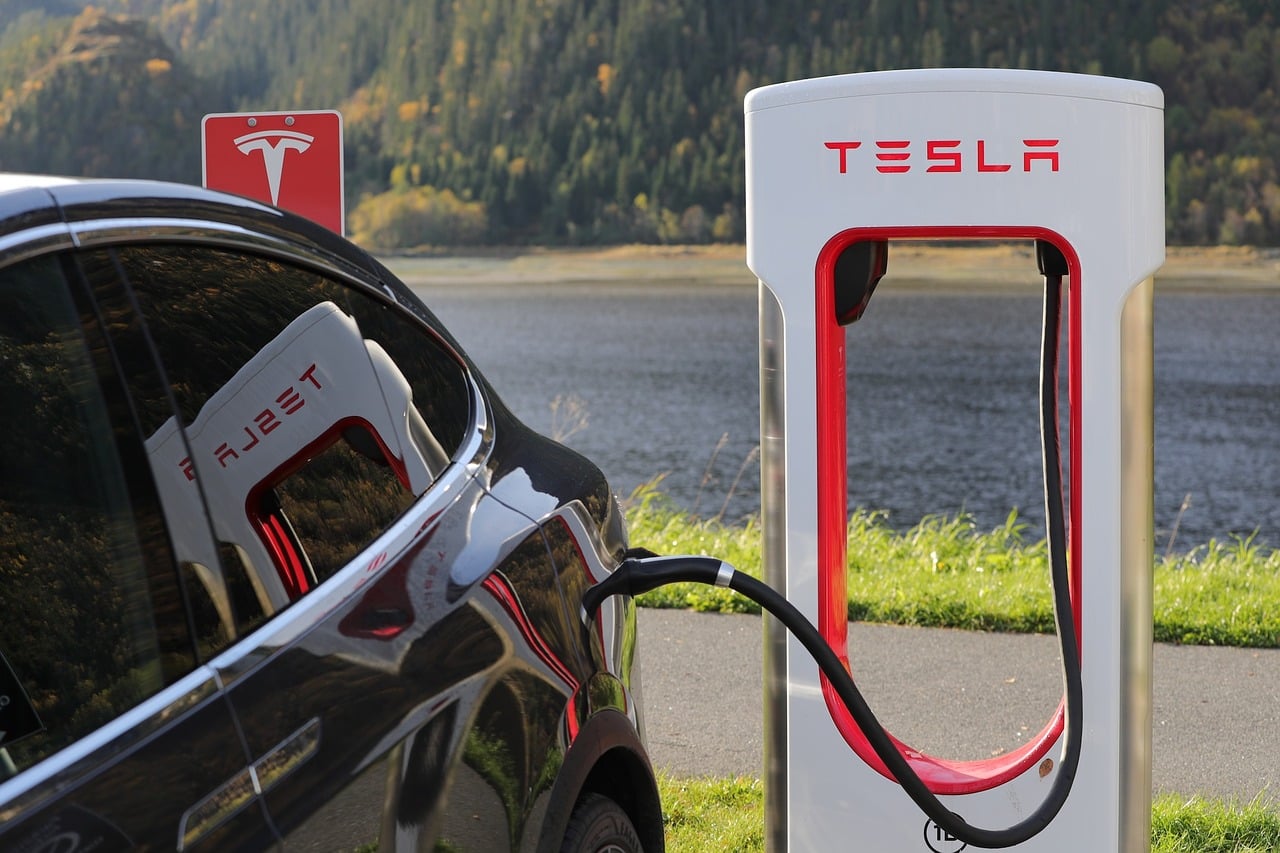Tesla stock is finally having a relatively quiet day with a gain of less than 1% after days of major gains. So if the shares have finally settled in the $775 range, what does that mean for the company’s valuation? One firm ran the numbers to see what the price of Tesla stock assumes for the company’s valuation and growth.
Q4 2019 hedge fund letters, conferences and more
Tesla stock and valuation disconnected from fundamentals
In a note dated Feb. 7, RBC Capital Markets analyst Joseph Spak reiterated his Underperform rating and $530 price target on Tesla stock. He also recommended taking profits at current levels.
He noted that one common way to estimate a company's valuation is to look at its estimated future cash flows. However, he also pointed out that it doesn't mean a stock's value can't disconnect from the company's fundamentals. He believes that is what has happened with Tesla's stock and valuation.
He cited a number of reasons the automaker's stock has disconnected from its fundamentals, including its strong narrative, fear of missing out, short covering and a rather limited float. However, he also pointed out that Tesla stock has almost tripled since the company released its third-quarter earnings report. That's why he decided to look at what has changed fundamentally.
He said the company became free cash flow positive and has improved its margins. It also provided better-than-expected delivery guidance for 2020 and has more production capacity coming online. Tesla is also releasing the Model Y this year and preparing for the launch of the Cybertruck.
However, to place all of this into perspective, he notes that Tesla's stock has put its valuation at more than Ford, General Motors, Fiat, Groupe PSA and Renault combined. Tesla was also worth about the same as Volkswagen and Daimler combined.
How much growth is implied in Tesla stock at current valuation?
To estimate how much growth is in implied in Tesla stock at current levels, Spak assumed that the growth will come in two stages. The first stage is a high-growth stage with free cash flow at a 30% compound annual growth rate for 10 years. The second stage is normalized growth with a 3% terminal growth rate.
He adds that estimates for the second stage are less controversial, although the first stage is open to debate. Assuming the numbers listed above for the high-growth stage, he still comes up with a price of only $630 per share. Tesla stock is well above that level, so it seems as if investors are banking on something more happening with the company.
According to the numbers Spak ran, to reach a price of $750 per share, Tesla would have to manage a 30% growth rate for 11 years, and the shares are still trading above that level. To reach $763, the automaker would have to grow its cash flow at a rate of 32.5% for 10 years.
What else is included?
When he ran a screen for other companies that have grown their free cash flow at a rate of at least 30% for 10 years, he came up with Apple, Amazon and Google. Tesla has been compared to all of these companies at different times. The problem with these comparisons is that these companies are all fundamentally different from Tesla.
"Chiefly, TSLA is a manufacturer that operates in a more cyclical industry that requires continual capital investment to develop and manufacture new product (otherwise it gets stale) to sustain growth and not a company benefitting from software/service margins, selling profitable ads or platform model (AWS)," he explained. "Effectively those business models allow for investment to be better scaled."
Spak believes that in order to reach the current valuation of Tesla stock, investors would have to believe in the company's autonomy strategy and using software to get its margins and free cash flow higher. CEO Elon Musk even said something similar on the fourth-quarter earnings call when he said, "… that high margin part comes from autonomy."
However, Spak is skeptical that the automaker can pull it off.






